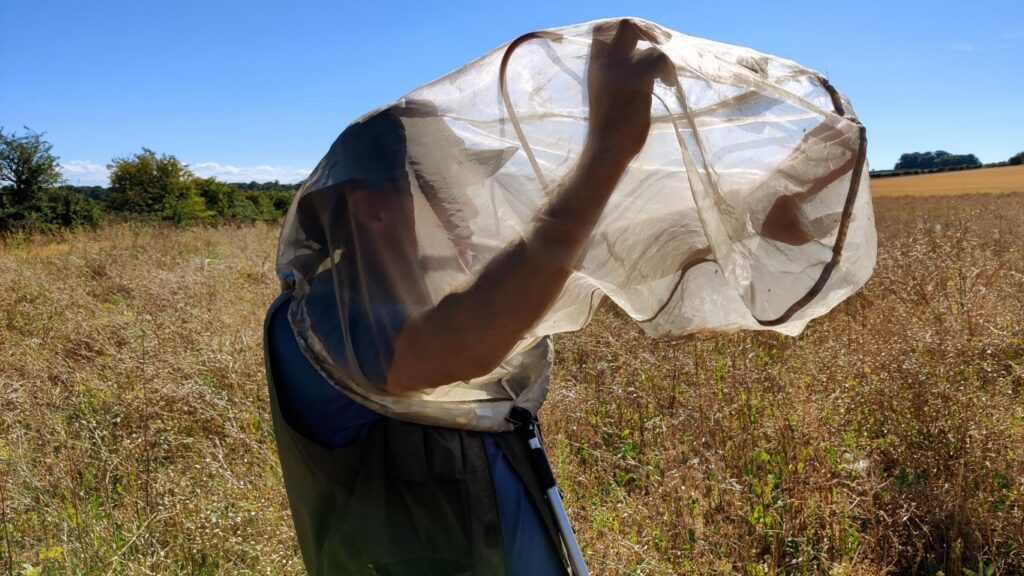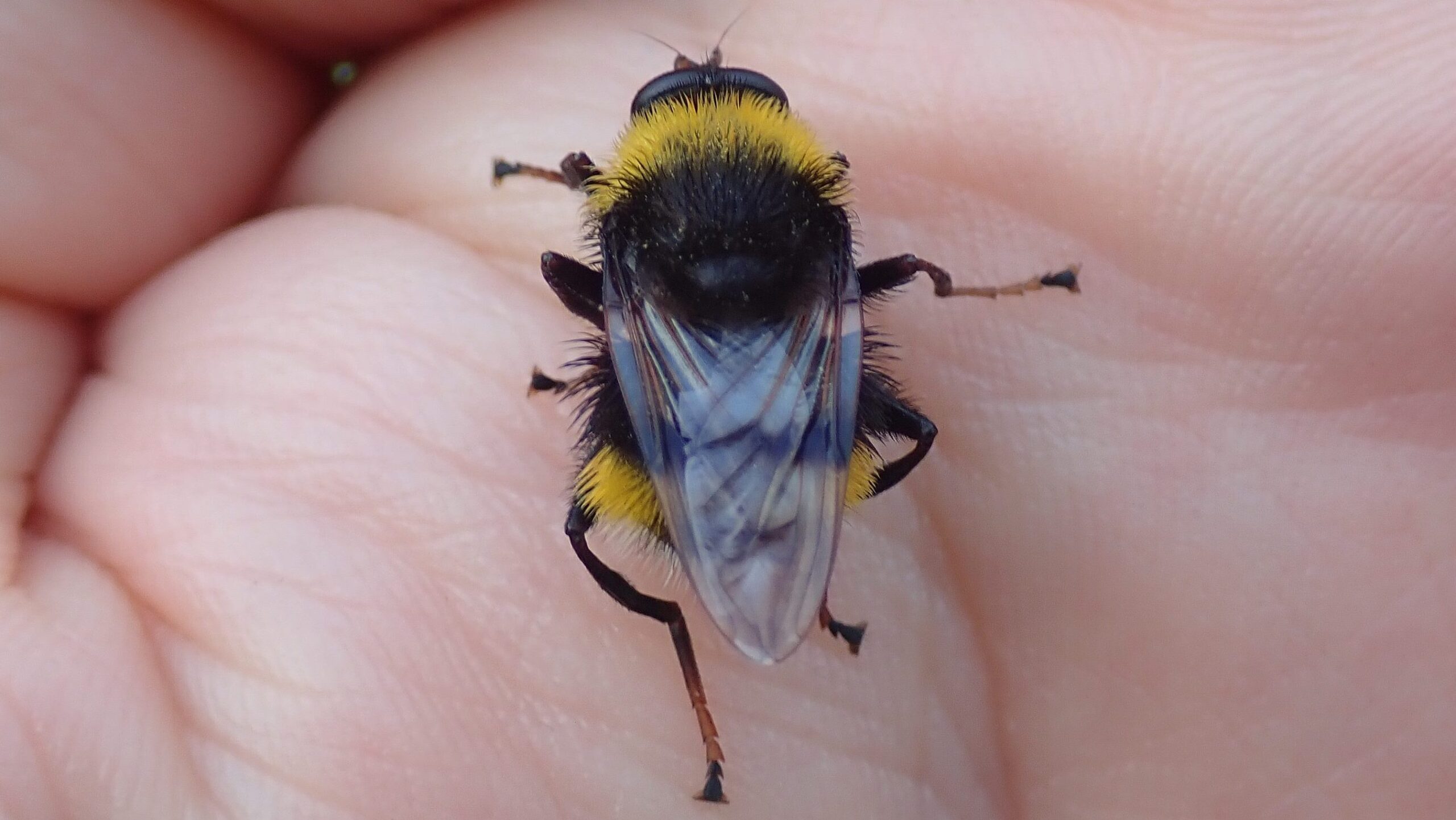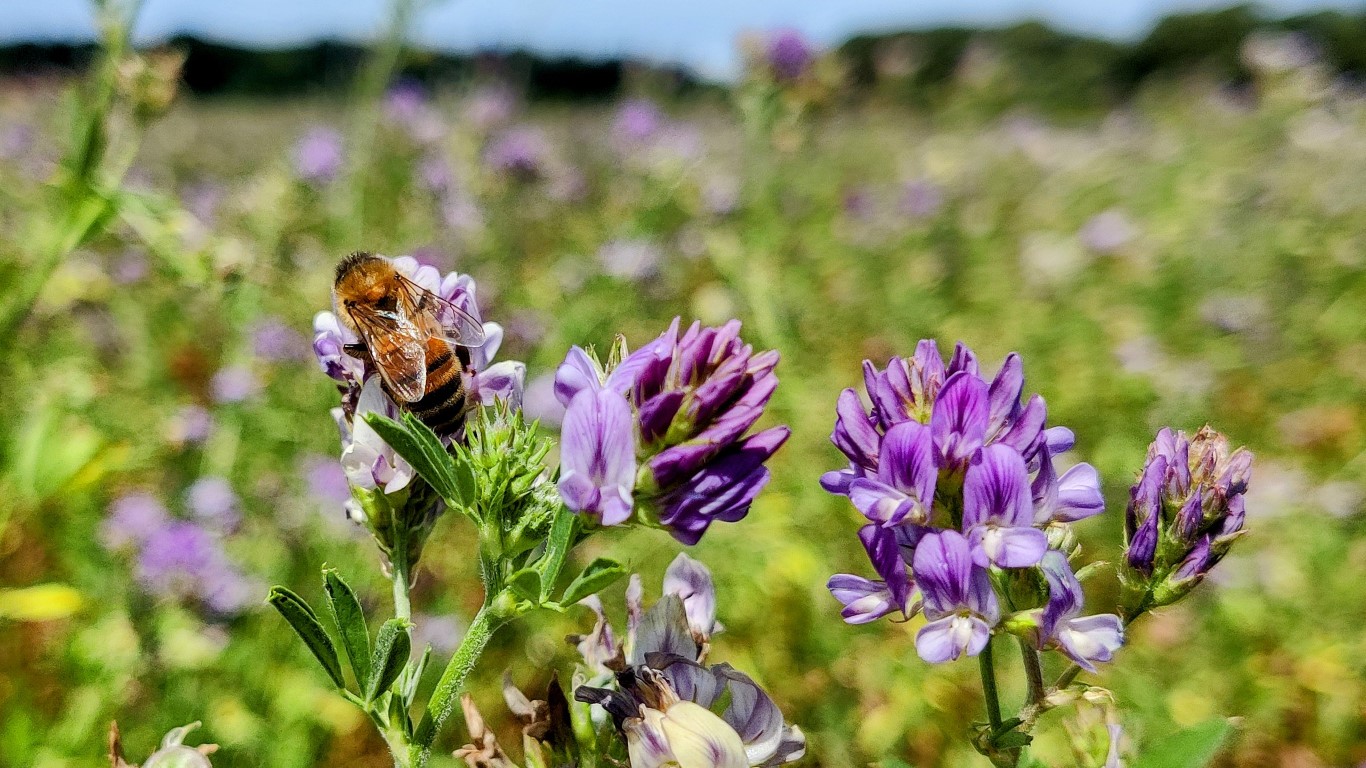Deepdale Farm have recently shared the findings and methodology for a series of invertebrate surveys conducted in 2022. These surveys gathered valuable information on the variety of invertebrate species found on the farm including 36 species with a measure of conservation status.

In 2020, Deepdale Farm entered organic conversion and took 60% of the farmed area out of arable production, establishing large areas of species-rich grassland and other features to improve soil health and biodiversity.
The invertebrate surveys allow the farm to feed into a baseline for biodiversity using invertebrates as a key species group. With the methodology and search areas set, the survey could be repeated in the future to, hopefully, record an uplift in biodiversity as a result of the changes in the management of the farm.
The invertebrate survey was part of a wider set of surveys done on the farm with the support of Norfolk and Norwich Naturalists’ Society and others, building a much fuller picture of biodiversity on the farm.
I accompanied naturalist Andy Musgrove on one of his survey sweeps and quickly saw that he was capturing a range of species I wasn’t remotely qualified to identify. Anecdotal observations of large insects around the farm are one thing, but many of these insects were incredibly small; the survey results open up a whole new level of understanding of what species are present on the farm and their functions and relationships.

The surveys covered several areas of the farm, importantly including beetle banks that were established between 2020 and 2021. Beetle banks are key features in an organic farming system, offering in-field habitat for predatory and parasitic insect species that should attack pest species in crops, so the survey was done partly to demonstrate that ‘desirable’ species might be found there. The survey confirmed the presence of a number of predatory beetles and bugs in the beetle banks.
As Deepdale Farm have shared their results and approach, this might provide a template for other farms to do the same. As a farm in an Area of Outstanding Natural Beauty, Deepdale was also able to cover 80% of the costs of the survey with a grant from Defra’s Farming in Protected Landscapes scheme, open for applications until March 2025.

